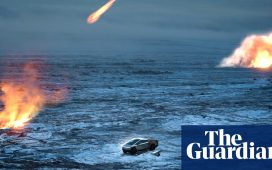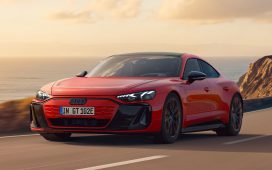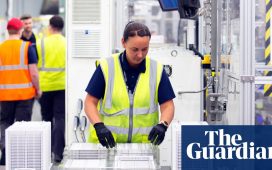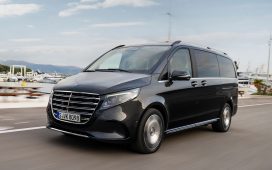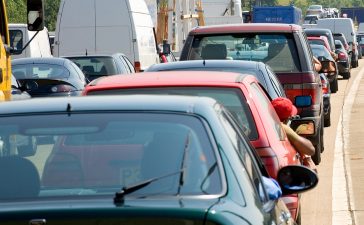Chairman of the board at BMW, Oliver Zipse, called the announcement a “milestone in automotive history, while the President of Toyota, Koji Sato, said: “BMW and Toyota share the same passion for cars and belief in ‘technology openness’ and a multi-pathway approach to carbon neutrality”.
“We will accelerate our efforts together with BMW and partners across various industries to realise a future where hydrogen energy supports society.”
As it stands, only two hydrogen fuel cell passenger cars are currently on sale in Europe: the aforementioned Mirai and the Hyundai Nexo SUV. Toyota is also currently developing a hydrogen-powered version of the Hilux pick-up truck, firmly believing that hydrogen is the best sustainable option for commercial vehicles given the lack of range impact when it comes to payloads, as well as the increased speed of refuelling compared with BEVs.
However, in order to refuel there must first be the infrastructure to do so; Toyota previously praised the EU for its “long-term confidence” in FCEV technology after it was announced that by 2031, hydrogen refuelling stations would be installed at least every 200km.
To further strengthen the network, BMW and Toyota are also set to invest heavily in hydrogen infrastructure and work collaboratively with the companies involved – crucial in places like the UK in which hydrogen infrastructure is severely lacking.
All of this comes as just a single part of Toyota’s vision of a ‘multi-path’ future, which also involves using hydrogen fuel cells as a means of energy storage. Head of Toyota’s hydrogen business, Thiebault Paquet, previously told Auto Express that hydrogen could be crucial in providing sustainable power in developing nations that suffer from a lack of infrastructure. The firm has also already developed a portable fuel cell cartridge which can be used to power anything from motorcycles to coffee stands.
Do you think hydrogen fuel-cell cars are the future? Let us know your thoughts in the comments section…


